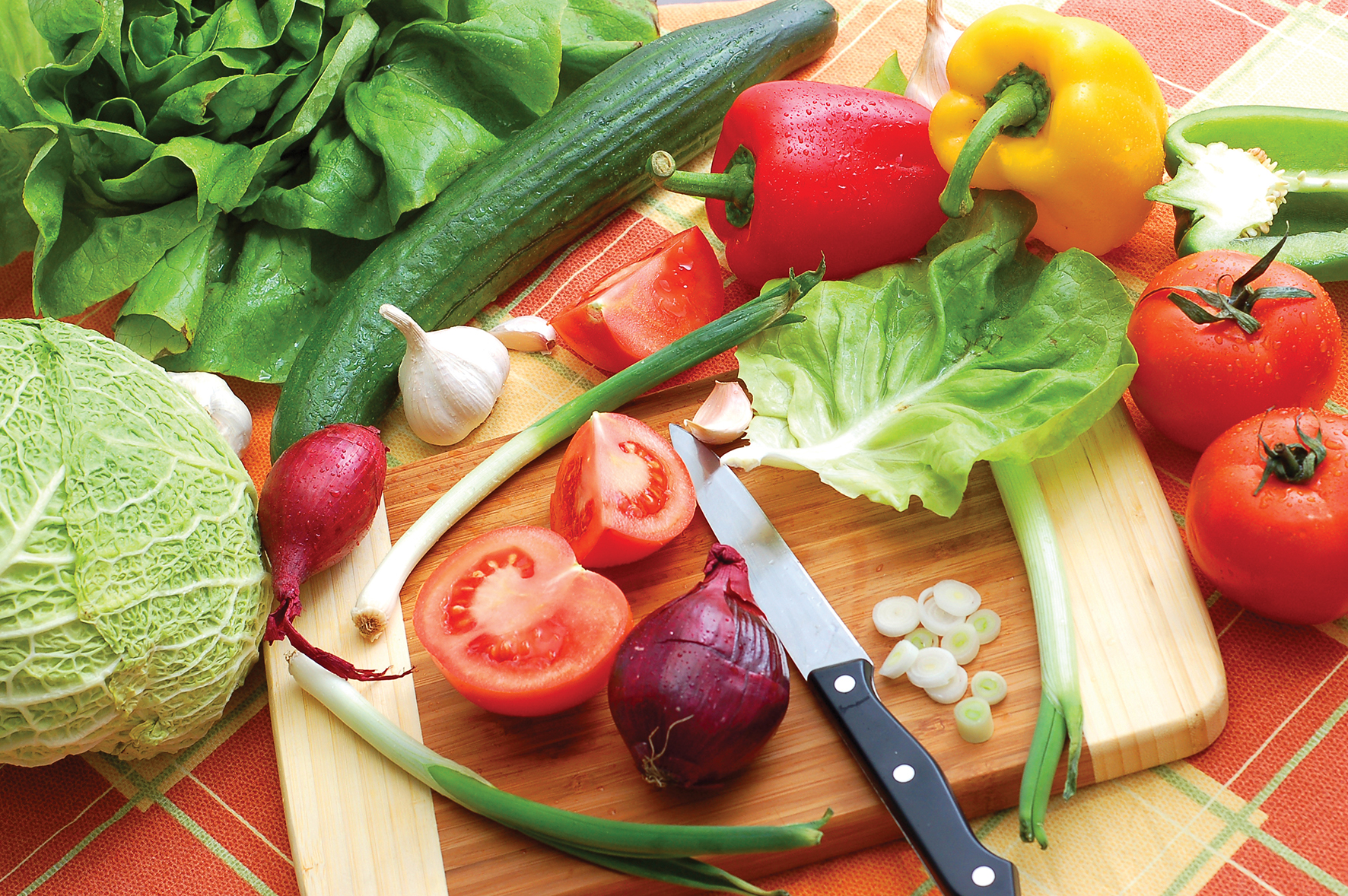
Nutritional problems are common for people with cancer and often result in weight loss. It has been estimated that one in every two people with cancer will develop some form of protein-energy malnutrition.
What is protein-energy malnutrition?
While being treated for cancer, your body has an increased demand for all nutrients. Protein-energy malnutrition (PEM) occurs when your body is not receiving adequate protein and energy (measured by kilojoules/calories) to satisfy its nutritional needs.
PEM is diagnosed by assessment of factors such as height, weight, arm circumference and body mass index. Blood tests are also completed to check the status of blood proteins.
PEM results in loss of muscle mass and reduces the ability of your body to function properly. PEM can alter the function of almost every organ in the body. Maintaining a healthy weight, muscle mass and nutritional status will give you the strength you need to be fighting fit throughout your cancer treatment.
Why Does Cancer Affect Your Nutrition?
There are several reasons for the increased number of nutritional problems in people with cancer. Some of these include:
Increased energy requirements: due to the increased energy demand of the cancer cells themselves, associated inflammation or infection, and from treatment.
Increased losses: as a result of diarrhoea or vomiting.
Decreased intake: due to symptoms resulting directly from the cancer (e.g. difficulty swallowing, feeling sick) or from its treatment.
Dietary-related side effects of treatment
The common forms of treatment for cancer are surgery, chemotherapy and radiotherapy. Some of the nutritional side effects that you may experience with cancer treatment are listed below. These side effects will vary according to the type of treatment you are having and the type of cancer you have. Not all people will suffer from these side effects. Common side effects include:
Fasting for an operation and/or decreased food intake after the operation
Nausea
Vomiting
Diarrhoea
A sore throat or mouth
Dry or coated mouth
Altered sense of taste
Change in bowel habit
Heartburn
Difficulty swallowing
Pain
Loss of appetite.
The Importance of Nutrition During the Fight Against Cancer
Good nutrition plays an important role for people undergoing cancer treatment.
Good nutrition can help:
Your body’s ability to fight infection
You cope better with some of the side effects of treatment
Maintain your weight at a suitable level
Optimise your energy and wellbeing
Your nutritional requirements will vary greatly during and after your cancer treatments. Your dietitian will regularly assess your individual nutritional needs before, during and after treatment, and provide tailored support and advice during these times. Your dietitian will also help you to understand your individual nutritional needs, develop strategies to manage nutrition-related side effects, enhance treatment tolerance and improve your quality of life.
Be aware of ‘Anti-Cancer’ Diets
Having been diagnosed with cancer, it is natural to look for a ‘cure’. Unfortunately, many people and their families and carers will receive a great deal of advice about cancer ‘remedies’, often related to diet, which have no proven value.
No special foods, supplements or diets have been scientifically proven to cure cancer. Despite this, certain diets and supplements are often promoted as helpful for people with cancer. Some of these diets could cause great harm as they may interfere with your treatment, result in poor nutrition or lead to weight loss.
Check with your dietitian or specialist before starting a new diet or nutritional supplement to make sure that it is safe and will not affect your medical treatment.
Once Your Cancer has been Treated
Research shows that the best formula for keeping you cancer free is optimal nutrition combined with weight control and exercise.
Nutrition
It is recommended cancer survivors follow the same nutrition guidelines as those recommended for cancer prevention. The same factors that increase cancer risk might also be important in promoting recurrence after treatment. For example, many studies have shown that people who eat diets rich in fruits and vegetables and small amounts of meat and animal fat have lower rates of some cancers, including lung, breast, colon and stomach cancers.
Several types of cancer are linked to alcohol intake, so if you drink, limit your intake to no more than 2 standard drinks per day. The more you drink, the higher your cancer risk.
Speak with your dietitian about an individually tailored nutrition plan to provide you with optimal nutrition to promote overall health and prevent cancer recurrence.
Physical Activity
Regular physical activity can reduce anxiety and depression, improve mood, boost self-esteem and reduce symptoms of tiredness, nausea, pain and diarrhoea. These benefits can be gained through moderate physical activity on most, if not all days of the week.
Weight Management
There is evidence that being overweight, which is a risk factor for numerous types of cancer, also increases the chance of cancer recurrence.
Work with your dietitian on healthy lifestyle behaviours to determine the best weight and dietary plan for you.
